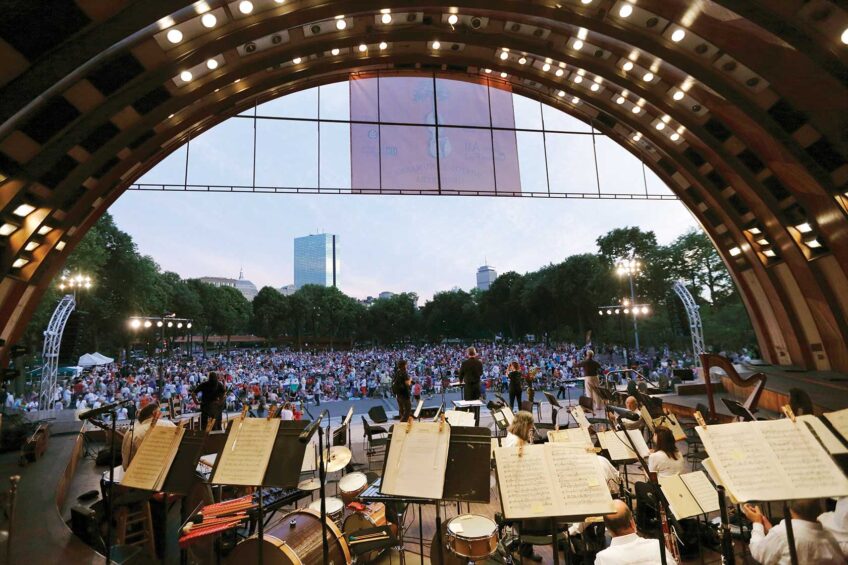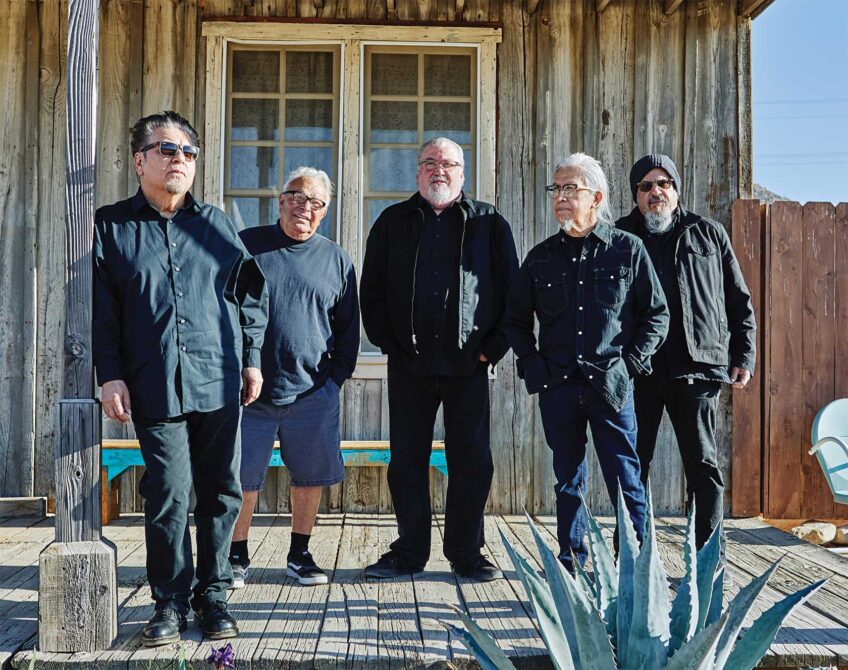CHARLOTTE, N.C. — Curls, waves and kinks, welcome back.
After decades of using straightening relaxers and texturizers, more African American women are ditching the lye, embracing their hair’s natural curl and bend, and wearing their hair in a variety of natural styles.
While going from processed to natural isn’t a quick change, those who have are loving it for myriad reasons, from the way their natural hair feels to the way their hair makes them feel about themselves.
“I began to know who I am as an African American woman, seeing the beauty of not wanting my hair straight anymore,” said Tamarla Adams, 39, a teacher with Charlotte-Mecklenburg Schools and the University of Phoenix. She began growing out her hair in 1996 after years of perming, gradually trimming the straighter relaxed ends as her curlier natural hair grew in, moving from braids to her current long dreadlocks.
After about three years she was totally natural, with a head of hair that was stronger and healthier than it had been with the perm.
Adams’ daughter, Paris, 16, recently decided she wanted to relax her hair, but her mother talked her out of it.
“It’s different from everybody else’s,” Paris said, adding that most of her friends have permed hair.
A lupus diagnosis coupled with a desire to simplify her hair routine drove Kelly Campbell, 30, a sales representative for an architectural firm, to go natural in 2001.
Campbell’s tight, curly hair required perming touchups every three weeks instead of the normal six weeks. She kept the perm, though, because she thought it more socially acceptable to have straighter hair, even though she revered singer Chaka Khan’s big, wavy mass of hair.
With naturally curly hair, your curl depends on your hair texture. With a relaxer, the natural texture is removed, and roller sets give the hair a different kind of curl.
“I got tired of fighting. If [my hair] is going to be curly, she’s going to be curly,” Campbell said. “I felt like continuing to perm my hair was attacking my hair.”
After she was diagnosed with lupus at 24, Campbell stopped processing her hair to see the effects of the medication on her body.
“I would see these women with beautiful locks, and I’d follow them, asking them where they had their locks done,” she said.
Campbell — who had heard all her life that she’d never have long hair, because of the texture and thickness of her hair — loved the flowing, healthy length of the locks.
“It was all theirs, no weave, no extensions,” she said. “I thought, ‘Why? Why can’t we wear our natural curl?’ It’s a tight, tight, tiny curl. It’s a curl that’s unfamiliar to other cultures, only because we’ve been pressing it for so long.”
Now she is delighted with her long locks. She says all the doubting comments she’s heard have come from other African Americans.
“I think it has a lot to do with us not appreciating our hair,” Campbell says. “I believe there are ways your hair can be natural and can be neat and clean, maintained and professional.”
But the transformation from the relaxer to natural can be daunting, and can take anywhere from a year to two years, depending on how long your hair is, how fast it grows, and how much you trim at a time.
Stylist Lisa Fuller, owner of Styles by Lisa of Beverly Hills on Independence Boulevard, says that despite an increase in natural hair business, some stylists are not comfortable with natural styles because beauty schools focus more on chemical processing. Three years ago, most of her clients sought perms; now, she says, the numbers are reversed, and she applies three or four perms a week out of 30 styles.
She often uses heat to straighten her clients’ hair as they’re making the transition, but she said much of her business is for straw twists or two-strand twists.
“The most important thing is to not let the hair become dry,” Fuller says. “The hair is already damaged from the chemicals. It’s not an easy thing to grow all hair because the different textures can cause breakage.”
Texture plays a big part in how women grow out their hair, but lifestyle should also be considered: Do you work out? What is your budget?
Going natural isn’t necessarily less expensive than having a relaxer, especially in the early stages. Fuller worries about the health of the scalp, as well.
“I see more and more clients who had chemical scalp burns and hair loss from relaxers,” Fuller said. “They’re seeing dermatologists.
“For women, our hair is our glory, and when it’s unhealthy and breaking, that messes with our self-esteem,” she said.
Ellin Lavar, 46, the stylist who created Ellin Lavar Textures hair care products, designed the trademark braids of Essence magazine’s Susan Taylor and has worked on other celebrities including Oprah Winfrey and both Serena and Venus Williams, says her natural hair clientele has risen 30 percent in recent years.
She helps her clients transition to natural hair by pressing out their hair, using heat to straighten the strands and even out the texture.
“The in-between state is hard,” Lavar said. “How you transition is going to depend on your lifestyle and who you are.”
Wanda Jones, 47, grew her hair out gradually, but now she wishes she’d just cut off the relaxer, starting all over again.
She had her last perm in May 2004, for her son’s graduation, but she’d been thinking about going natural, and had been avoiding a perm.
Now, her hair has grown out softer than before. She wears it short and twisted, pins it up in the back for a different, more sophisticated look, and occasionally blows it straight.
“[Natural hair] is sensuous, it exudes confidence,” she said. “If you can be bold enough, as a woman of color, to wear your hair natural, that’s saying a lot for you.”
(The Charlotte, N.C., Observer)






